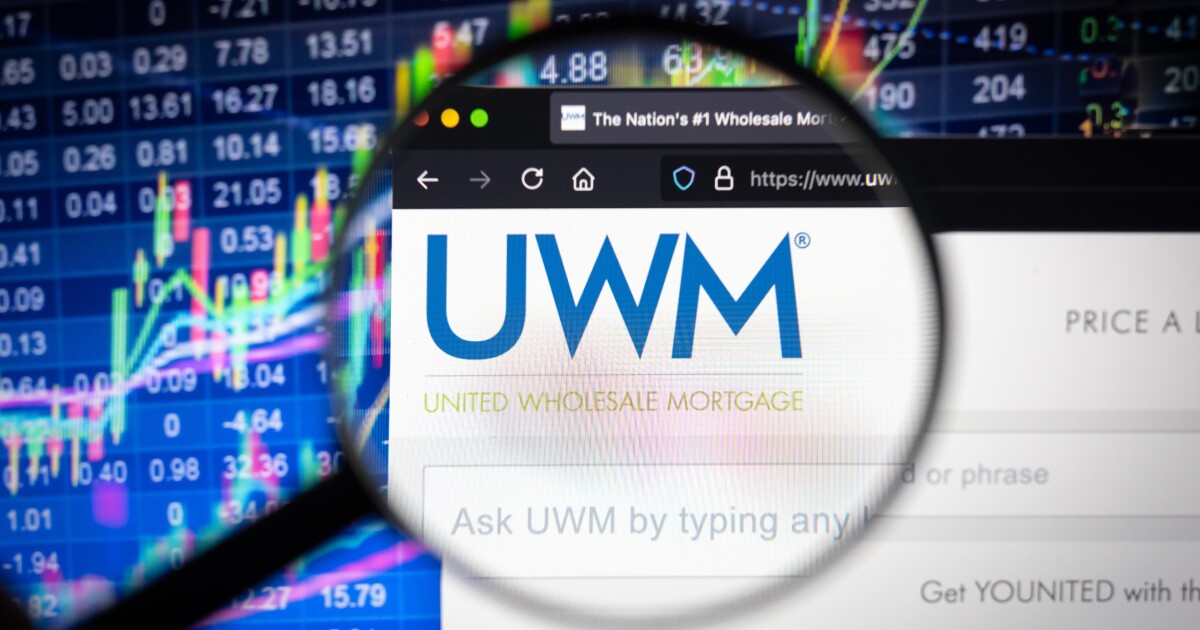This post is part of a series sponsored by CoreLogic.
Rising floodwaters pose a significant threat to communities and economies worldwide, making flood insurance a vital component of risk management. However, accurately assessing flood risk for properties has been a complex and often expensive endeavor. Traditional methods such as elevation certificates have limitations in terms of cost, accuracy, and efficiency. CoreLogic’s Flood Risk Score enhancement provides insurers with a comprehensive suite of data elements, including First Floor Height, Lowest Adjacent Grade (LAG), Structure Intersect and a more granular Water Surface Elevation (WSE), all of which contribute to a more accurate risk assessment.
The Challenge of Flood Insurance
Floods are among the most destructive natural disasters, causing billions of dollars in damages every year. With climate change exacerbating flood risks, insurers face growing challenges in providing comprehensive flood insurance coverage. One of the key challenges is accurately assessing the flood risk for individual properties, particularly in high-risk areas.
The Key Benefits of CoreLogic’s Flood Risk Score Enhancement:
CoreLogic’s Flood Risk Score enhancement with First Floor Height leverages AI-driven technology to process property images and extract critical structural elevation data.
Comprehensive Data: The Flood Risk Score enhancement goes beyond First Floor Height and incorporates LAG, Structure Intersect, and a more granular WSE. Lowest adjacent grade (LAG) is defined as the absolute elevation above sea level of the lowest point of the ground level next to the structure, meaning that the most vulnerable points around a structure can now be detected/determined. This feature is combined with a more granular water surface elevation (WSE) model at a resolution of one meter (previously 10 meters) and structure intersect, again providing a unique and precise view of risk at the property level. These new features provide a range of benefits, including providing the whole view of a property or parcel where two buildings or parts of a building may be at risk and was previously only viewed and scored based on the centroid of a parcel. In this way, flood risk score enhancement provides insurers with a more holistic, differentiated view of flood risk.
Automation: The Flood Risk Score enhancement reduces the need for time-consuming and costly elevation certificates. It provides insurers with automated, address-level structural elevation determinations, reducing manual work and speeding up decision-making.
Precision Risk Assessment: Insurers can now differentiate flood risk down to the granular level, allowing for more precise risk assessment. This is essential, especially in high-risk areas and for addressing flash flooding scenarios. Additionally, our data extends beyond the flood plains, providing valuable insights for properties that may be outside of the flood zones but that are still at high risk. This comprehensive approach aids in accurately assessing risk and avoiding high-risk areas, even when they are not classified as high risk on a flood map.
Efficiency: The Flood Risk Score enhancement can be delivered through various methods, including the CoreLogic RiskMeter Online® platform, Spatial API, or batch files, depending on the insurer’s needs and capabilities. This flexibility enhances operational efficiencies and saves valuable working hours.
Precision, Efficiency, and Reliability
Insurers have long grappled with several pain points when it comes to flood insurance. These include the need for superior risk assessment, efficient data gathering to avoid delays, and the demand for accurate structural elevation data. The Flood Risk Score enhancement effectively addresses these pain points, empowering insurers to confidently assess risk.
The CoreLogic Flood Risk Score enhancement represents a significant advancement in the field of flood insurance. By harnessing the power of artificial intelligence and accurate property data, insurers can now assess flood risk with unprecedented precision and efficiency. This not only benefits insurers, but also property owners who are seeking access to more reliable flood insurance coverage. As flood risks continue to evolve in our changing climate, solutions like this are essential tools for staying ahead of the curve and providing the protection communities need. These enhancements are particularly timely as we continue to witness an increase in flooding nationwide due to climate change.
To learn more about underwriting excellence for insurers visit CoreLogic Underwriting Flood Solutions.
©2024 CoreLogic, Inc. All rights reserved. While all of the content and information is believed to be accurate, CoreLogic makes no guarantee, representation, or warranty, express or implied, including but not limited to as to the completeness, accuracy, applicability, or fitness, in connection with the content or information or the products referenced herein or any of the AI based features or content of the products and assumes no responsibility or liability whatsoever for the content or information or products referenced herein or any of the AI based features or content of the products or any reliance thereon. CoreLogic® and RiskMeter are the trademarks of CoreLogic, Inc. or its affiliates or subsidiaries.
Topics
Flood
Interested in Flood?
Get automatic alerts for this topic.
Publisher: Source link











